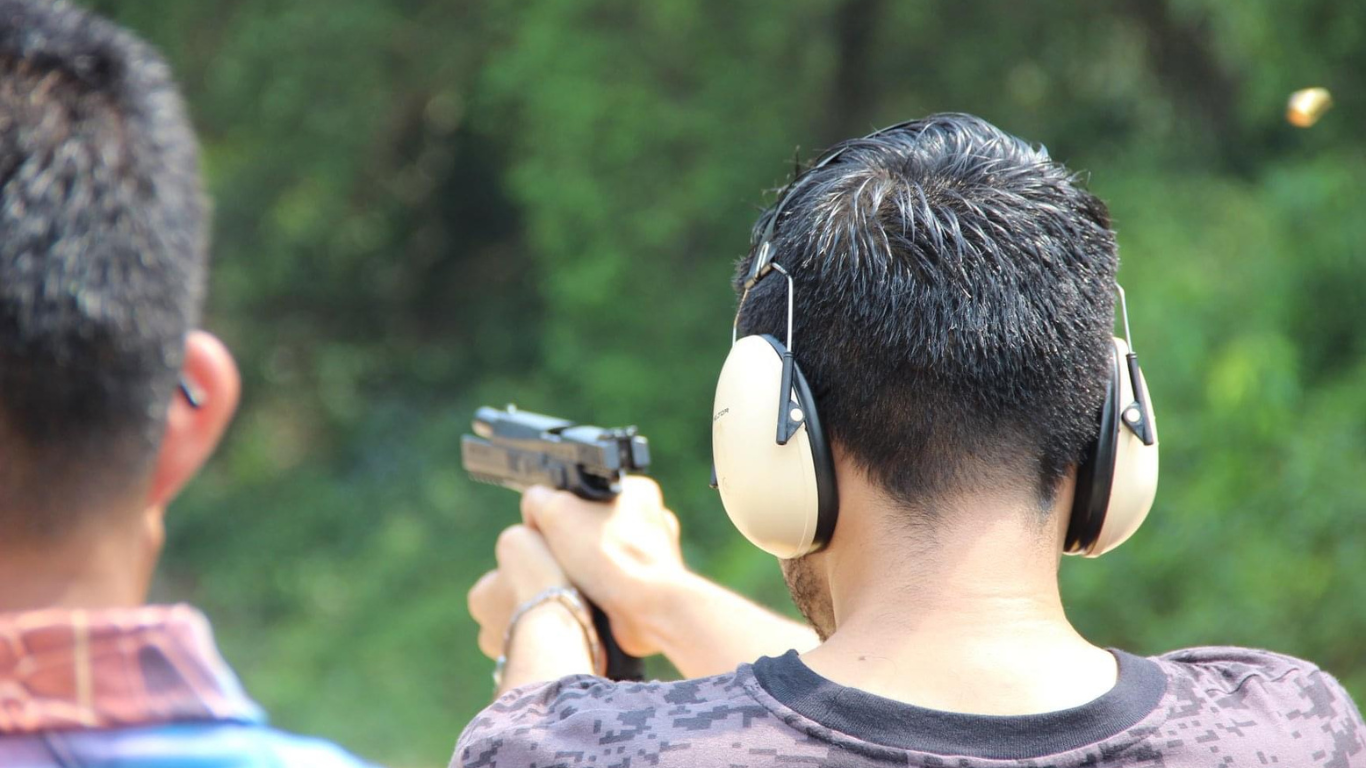Understanding Forensic Psychiatric Evaluations for Gun Licenses
When it comes to obtaining a gun license, a crucial component that is often overlooked is the forensic psychiatric evaluation. This evaluation is not just a formality but a vital step in ensuring the safety and well-being of both the individual seeking the license and the community at large.
What is a Forensic Psychiatric Evaluation?
A forensic psychiatric evaluation for a gun license involves a thorough assessment conducted by a forensic psychiatrist. This assessment aims to determine the mental fitness of an individual to own and handle a firearm responsibly. The evaluation typically includes:
Clinical Interviews: In-depth conversations to gather the individual's psychiatric history, current mental state, and any relevant personal background.
Psychological Testing: Standardized tests to assess cognitive and emotional functioning.
Collateral Information: Gathering information from other sources, such as medical records, family members, or past therapists, to get a comprehensive view of the individual's mental health.
Why Are These Evaluations Important?
The primary goal of a forensic psychiatric evaluation is to prevent individuals who may pose a risk to themselves or others from obtaining a firearm. This is especially critical in light of increasing concerns about gun violence and the need for responsible gun ownership. Forensic psychiatrists play a key role in identifying potential red flags that might not be immediately apparent through other means.
The Evaluation Process
The process begins with an initial consultation, where the forensic psychiatrist explains the purpose and scope of the evaluation. The individual will then undergo a series of interviews and assessments designed to gauge their mental and emotional stability. Key factors considered during the evaluation include:
History of Mental Illness: Conditions such as depression, anxiety, bipolar disorder, or schizophrenia.
Substance Abuse: Any history of drug or alcohol abuse, which can impair judgment and increase the risk of violent behavior.
Behavioral Concerns: Past behavior that indicates a propensity for violence or aggression.
Stress Management: The ability to handle stress and conflict without resorting to violence.
What Happens After the Evaluation?
Once the evaluation is complete, the forensic psychiatrist will compile a detailed report outlining their findings and recommendations. This report is then submitted to the relevant authorities responsible for issuing gun licenses. If the evaluation raises significant concerns, the individual may be denied a license or required to undergo further treatment or assessment.
How Can This Information Help Attorneys?
For attorneys, understanding the forensic psychiatric evaluation process is essential when representing clients in cases involving gun licenses. Whether advocating for a client's right to obtain a license or contesting a denial, having a thorough understanding of the evaluation criteria and process can significantly impact the case's outcome.
Conclusion
Forensic psychiatric evaluations for gun licenses are a critical component in ensuring public safety and responsible gun ownership. By thoroughly assessing an individual's mental fitness, forensic psychiatrists help prevent potential tragedies and contribute to a safer community. Whether you are an individual seeking a gun license or an attorney representing a client, understanding this process is crucial in navigating the complexities of gun ownership laws.
For more information or to schedule an evaluation, please feel free to contact our office. Your safety and the safety of our community are our top priorities.

